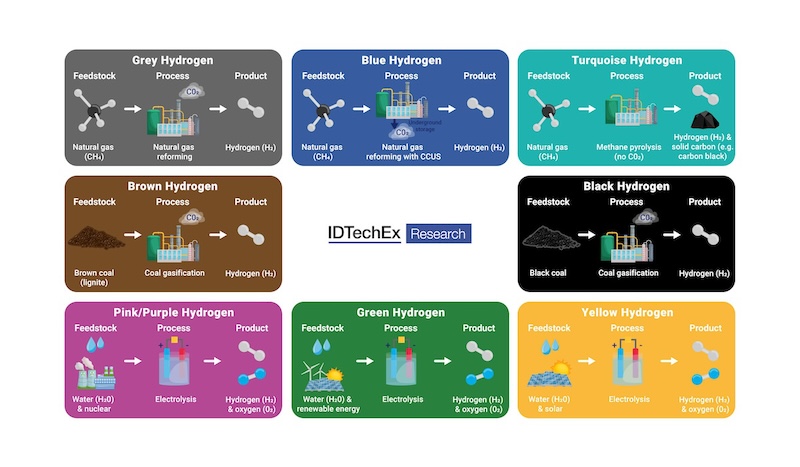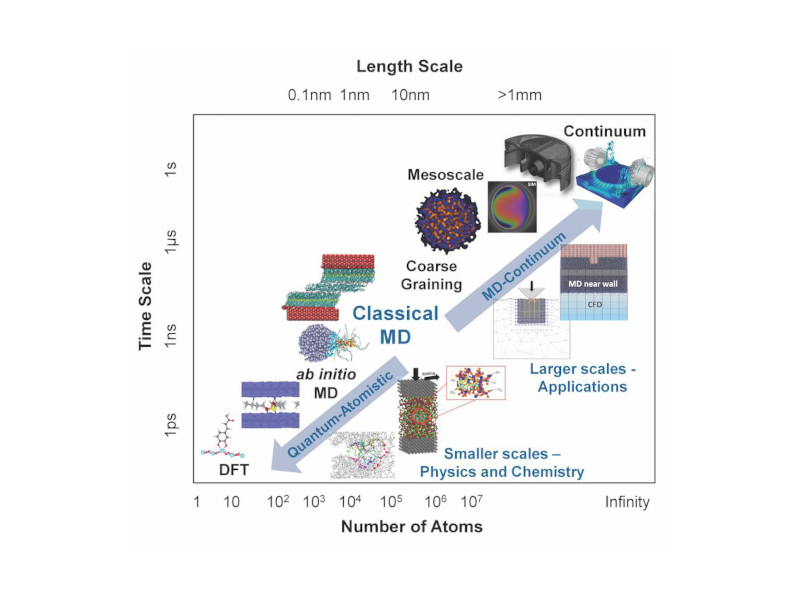A selective group of electricians at a Boston plant whose assignments were highly repetitive had been working for years under an incentive plan.
A selective group of electricians at a Boston plant whose assignments were highly repetitive had been working for years under an incentive plan. One day, Plant Engineer Cal Duffy remarked to Maintenance Supervisor Lou Crouse that the group’s incentive earnings had shot up more than 15% in recent months.
“That’s no surprise,” Crouse replied. “The introduction of new tools, technology, and engineering changes make it a lot easier to get the job done faster.”
“My thinking exactly,” Duffy said. “We ought to revise incentive rates downward.”
Crouse agreed. When the new rates were posted, a storm of protest erupted.
“It’s unfair,” a spokesman for the group told Crouse. “You can’t change incentive rates unilaterally.”
The foreman disagreed. “The purpose of incentive rates is to motivate employees to work faster and more efficiently. The increased productivity in recent months is a byproduct of new tools and techniques, not faster, more efficient performance by employees.”
“If the company benefits from those changes, we should share in the gains,” the spokesperson maintained.
“Not so, but I’ll pass along your thinking to Mr. Duffy and get back to you.”
Question : Is management within its rights to unilaterally reduce incentive rates?
Duffy’s decision: “The changed rates remain,” Duffy ruled when brought up-to-date on the workers’ protest. “The whole idea of incentives is to give employees extra money for above-normal performance. Under the new rates, nothing actually changes; the same incentive remains. This rate is simply an equalizing adjustment to make the same incentive conditions apply.”



